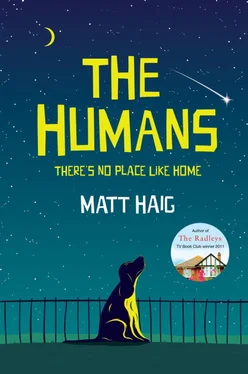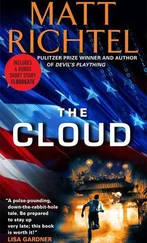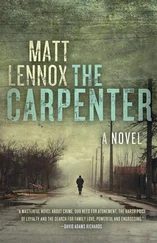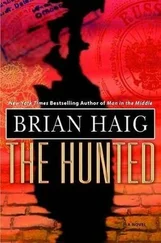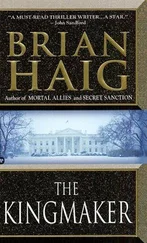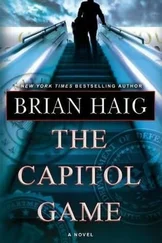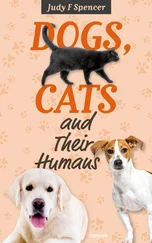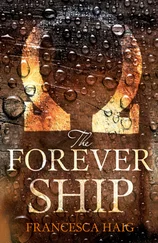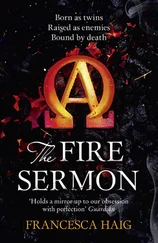‘I was about to ask you the same thing.’
‘Dad, just go away.’
What he was saying made sense. I mean, I could have just left him there. I could have escaped the rain, the terrible sensation of that falling water on my thin non-vascular skin, and gone inside. It was then I had to face why I was really out there.
‘No,’ I said, to my own confusion. ‘I’m not going to do that. I’m not going to go away.’
I slipped a little. A tile came unstuck, slid, fell and smashed to the ground. The smash woke Newton, who started barking.
Gulliver’s eyes widened, then his head jerked away. His whole body seemed full of nervous intention.
‘Don’t do it,’ I said.
He let go of something. It landed in the gutter. The small plastic cylinder that had contained the twenty-eight diazepam tablets. Now empty.
I stepped closer. I had read enough human literature to realise that suicide was a real option, here, on Earth. Yet again I wondered why this should have bothered me.
I was becoming mad.
Losing my rationality.
If Gulliver wanted to kill himself then, logically, that solved a major problem. And I should just stand back and let it happen.
‘Gulliver, listen to me. Don’t jump. Trust me, you’re nowhere near high enough to guarantee that you’ll kill yourself.’ This was true, but as far as I could calculate there was still a very good chance of him falling and dying on impact. In which instance, there would be nothing I could do to help him. Injuries could always be healed. Death meant death. A zero squared was still a zero.
‘I remember swimming with you,’ he said, ‘when I was eight. When we were in France. Can you remember, that night you taught me how to play dominoes?’
He looked back at me, wanting to see a recognition I couldn’t give him. It was hard to see his bruised eye in this light; there was so much darkness across his face he might as well have been all bruise.
‘Yes,’ I said. ‘Of course I remember that.’
‘Liar! You don’t remember.’
‘Listen, Gulliver, let’s go inside. Let’s talk about this indoors. If you still want to kill yourself I’ll take you to a higher building.’
Gulliver didn’t seem to be listening, as I kept stepping on the slippery slate towards him.
‘That’s the last good memory I have,’ he said. It sounded sincere.
‘Come on, that can’t be true.’
‘Do you have any idea what it’s like? To be your son?’
‘No. I don’t.’
He pointed to his eye. ‘This. This is what it’s like.’
‘Gulliver, I’m sorry.’
‘Do you know what it’s like to feel stupid all the time?’
‘You’re not stupid.’ I was still standing. The human way would have been to shuffle down on my backside, but that would have taken too much time. So I kept taking tentative steps on the slate, leaning back just enough, in continuous negotiation with gravity.
‘I’m stupid. I’m nothing.’
‘No, Gulliver, you’re not. You’re something. You’re—’
He wasn’t listening.
The diazepam was taking hold of him.
‘How many tablets did you take?’ I asked. ‘All of them?’
I was nearly at him, my hand was almost within grasping distance of his shoulder as his eyes closed and he disappeared into sleep, or prayer.
Another tile came loose. I slipped on to my side, losing my footing on the rain-greased tiles until I was left hanging on to the gutter rail. I could have easily climbed back up. That wasn’t the problem. The problem was that Gulliver was now tilting forward.
‘Gulliver, wait! Wake up! Wake up, Gulliver!’
The tilt gained momentum.
‘No!’
He fell, and I fell with him. First internally, a kind of emotional falling, a silent howl into an abyss, and then physically. I sped through the air with a dreadful velocity.
I broke my legs.
So that was my intention. Let the legs take the pain, and not the head, because I would need my head. But the pain was immense. For a moment I worried they wouldn’t reheal. It was only the sight of Gulliver lying totally unconscious on the ground a few metres away that gave me focus. Blood leaked from his ear. To heal him I knew I would first of all need to heal myself. And it happened. Simply wishing was enough, if you wished hard enough, with the right kind of intelligence.
That said, cell regeneration and bone reconstruction still took a lot of energy, especially as I was losing a lot of blood and had multiple fractures. But the pain diminished as a strange, intense fatigue took over me and gravity tried to grip me to the ground. My head hurt, but not as a result of the fall; from the exertion involved in my physical restoration.
I stood up dizzily. I managed to move towards where Gulliver lay, the horizontal ground now sloping more than the roof.
‘Gulliver. Come on. Can you hear me? Gulliver?’
I could have called for help, I knew that. But help meant an ambulance and a hospital. Help meant humans grasping around in the dark of their own medical ignorance. Help meant delay and a death I was meant to approve of, but couldn’t.
‘Gulliver?’
There was no pulse. He was dead. I must have been seconds too late. I could already detect the first tiny descent in his body temperature.
Rationally, I should have resigned myself to this fact.
And yet .
I had read a lot of Isobel’s work and so I knew that the whole of human history was full of people who tried against the odds. Some succeeded, most failed, but that hadn’t stopped them. Whatever else you could say about these particular primates, they could be determined . And they could hope. Oh yes, they could hope.
And hope was often irrational. It made no sense. If it had made sense it would have been called, well, sense . The other thing about hope was that it took effort, and I had never been used to effort. At home, nothing had been an effort. That was the whole point of home, the comfort of a perfectly effortless existence. Yet there I was. Hoping. Not that I was standing there, passively, just wishing him better from a distance. Of course not. I placed my left hand – my gift hand – to his heart, and I began to work.
It was exhausting.
I thought of binary stars. A red giant and a white dwarf, side by side, the life force of one being sucked into that of the other.
His death was a fact I was convinced I could disprove, or dissuade .
But death wasn’t a white dwarf. It was a good bit beyond that. It was a black hole. And once you stepped past that event horizon, you were in very difficult territory.
You are not dead. Gulliver, you are not dead .
I kept at it, because I knew what life was, I understood its nature, its character, its stubborn insistence.
Life, especially human life, was an act of defiance. It was never meant to be, and yet it existed in an incredible number of places across a near-infinite amount of solar systems.
There was no such thing as impossible. I knew that, because I also knew that everything was impossible, and so the only possibilities in life were impossibilities.
A chair could stop being a chair at any moment. That was quantum physics. And you could manipulate atoms if you knew how to talk to them.
You are not dead, you are not dead .
I felt terrible. Waves of deep-level pained, bone-scorching effort tore through me like solar flares. And yet he still lay there. His face, I noticed for the first time, looking like his mother. Serene, egg-fragile, precious.
A light came on inside the house. Isobel must have woken, from the sound of Newton’s barking if nothing else, but I wasn’t conscious of that. I was just aware that Gulliver was suddenly illuminated and, shortly after, there was the faintest flicker of a pulse beneath my hand.
Читать дальше
